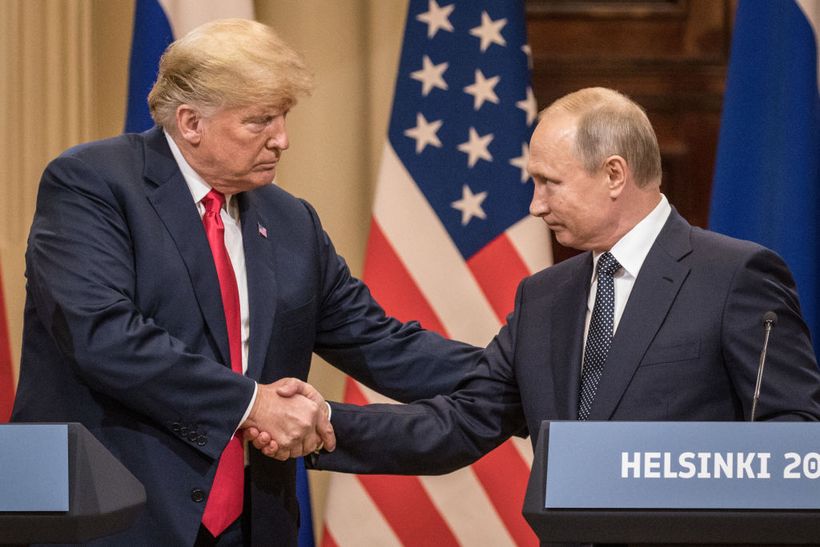1 min
Trump-Putin Talks in Alaska: Randall Stone Available for Expert Commentary
President Donald Trump and Russian President Vladimir Putin are scheduled to meet today in Alaska to discuss an end to the war in Ukraine, which Russia invaded in 2022. But Ukraine, whose president wasn’t invited to the talks, and its European allies, whose representatives were also kept out of the conversation, have expressed fears that a deal could be struck without Kyiv’s involvement. Randall Stone, a political scientist and director of the Skalny Center for Polish and Central European Studies at the University of Rochester, has been following the developments in the war closely and is available to lend insight to reporters covering the high-stakes summit. “The war has shifted Russian strategy and economic ties away from the West and toward China, Iran, and India,” Stone told Newsweek last year. “If he succeeds in Ukraine, he will probably seeks to challenge U.S. NATO allies Estonia, Latvia, and Lithuania, whose membership in NATO he has always seen as a threat to Russia.” Trump has downplayed his expectations for a possible breakthrough, voicing frustration with what he has described as Putin’s “meaningless” gestures toward resolving the conflict, and referring to the talks as a chance for him to see what Putin has in mind. The two leaders are expected to hold a joint news conference at the conclusion of their talk. Contact Stone for fresh perspective on the high-stakes summit.









